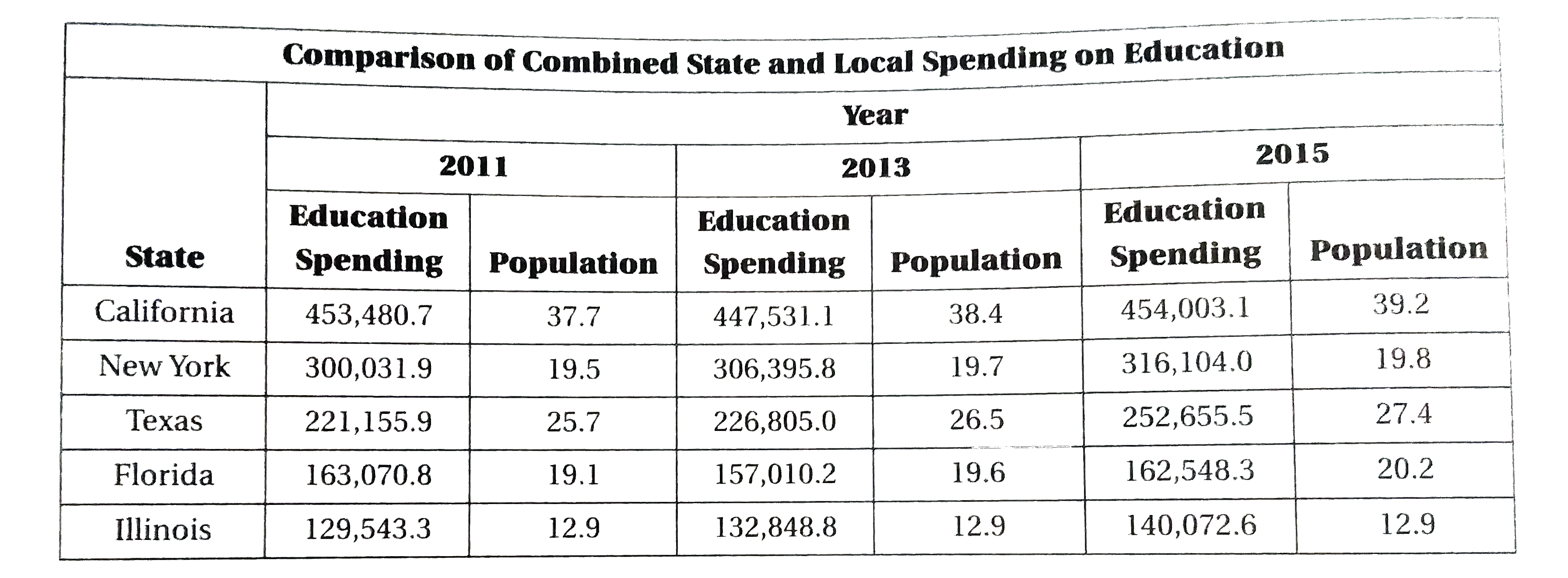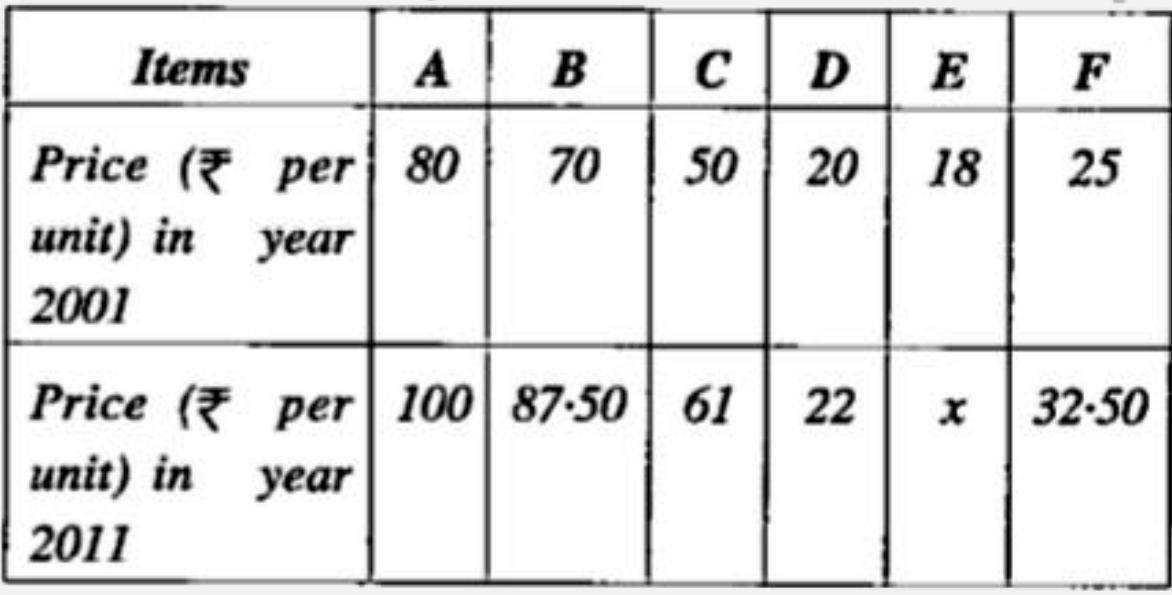The UN Conference of Parties on climate in the year 2011 was held in:
South Africa
Peru
Qatar
Poland
The correct Answer is:A
To solve the question regarding the location of the UN Conference of Parties on climate in the year 2011, we can follow these steps:
1. Identify the Event: The question asks about the UN Conference of Parties (COP) on climate change that took place in 2011.
2. Recall the Options: The options provided are:
- A) South Africa
- B) Peru
- C) Qatar
- D) Poland
3. Research the Location: The UN Conference of Parties (COP) in 2011 was the 17th session of the Conference of the Parties to the United Nations Framework Convention on Climate Change (UNFCCC).
4. Determine the Venue: This conference was held in Durban, South Africa.
5. Confirm the Dates: The conference took place from November 28, 2011, to December 11, 2011.
6. Identify the Main Aim: The main aim of the conference was to establish a new treaty to limit carbon emissions and address global warming.
7. Select the Correct Answer: Based on the information gathered, the correct answer to the question is:
- A) South Africa
Final Answer:
The UN Conference of Parties on climate in the year 2011 was held in South Africa.
---
- A) South Africa
- B) Peru
- C) Qatar
- D) Poland
- A) South Africa
The UN Conference of Parties on climate in the year 2011 was held in South Africa.
Topper's Solved these Questions
- ENVIRONMENTAL ISSUESBOOK - TRUEMEN BIOLOGY ENGLISHCHAPTER - ENVIRONMENTAL ISSUESEXERCISE - CHECK YOUR CONCEPT (Organisms And Population)
8 Videos
- ENVIRONMENTAL ISSUESBOOK - TRUEMEN BIOLOGY ENGLISHCHAPTER - ENVIRONMENTAL ISSUESEXERCISE - CHECK YOUR CONCEPT (Ecosystem)
9 Videos
- ECOSYSTEM BOOK - TRUEMEN BIOLOGY ENGLISHCHAPTER - ECOSYSTEM EXERCISE - MCQ
178 Videos
- Enzymes BOOK - TRUEMEN BIOLOGY ENGLISHCHAPTER - Enzymes EXERCISE - ASSERTION AND REASON
11 Videos
Similar Questions
Knowledge Check

Question 16 and 17 refer to the above table, that shows the population (in millions) and education spending (in millions) and by state for each of the states listed for the years 2011, 2013, and 2015.
Q. Which of the following best approximates the average rate of change in education spending in Texas from 2011 to 2015?A3.2 billion per yearB6.3 billion per yearC10.5 per yearD7.9 billion per year
Question 16 and 17 refer to the above table, that shows the population (in millions) and education spending (in millions) and by state for each of the states listed for the years 2011, 2013, and 2015.
Q. Based on the data in the table,which of the following must be true?
I. In 2015 per capita (per person) spending on education inn illinois was greater than per capita spending on education in Texas.
II. Per capita spending on education in Florida declined in 2015 compared to 2011 spending.
III. California had the highest per capita spending in education for each year.AI and II onlyBI and III onlyCII and III onlyDI, II, and III"The future of this republic is in the hand of the american voter". The statement above, made by the 34th president of the United states, paints a dismal picture when one considers the trends Line of the american youth. Those under the age of 35, in general, do not vote, do not participate in politics and frankly have no interests or trust in the governmnent itself. The retreat of youngsters from the political realms can be seen in election turnouts surely, but it can be also be noted in the miniscule numbers of young americans who identify as either Democrates or Republician. It is not only disinterest but also distaste that keep the next generation of representatives far from the poll booths and even further from office. In fact, a recently published book Running from Office: Why young American are Turned Off to Politics fround that only about ten percent of high school and university students would even consider running for federal positions at the highest. It might be easy to chalk up the younger generation as careless and unconcerned and altoghther misdirected, but that's the easy way out and it is flawed. Students are largely civic-minded, they volunteer, worry about public politics, and een congregrate to debate solutions to everything from environmerntal issues to human rights to healthcare. Significant events like the war in iran or Barack Obama running for president or gay marriage rights may generate an influx in youth participation, but overall, young voters are disengaged from american democracy and looking at other ways of tracking society's problems. It is not that they are merely apathetic, but that they have lost faith in electrol politics and are highly suspicious of party labels. If it is distrust and suspician that kep youngaters away, the U.S must ask what has changed to trigger this worrying trend. One doesn't have to prepare extensive research methods to find that today's millenials view themselves as in an altogether worse situations than that of their parents or grandparents. Widespread opinion has them in a bitter, unrewarding job market bankrupted by the university and crushed underneath a stifling national debt. Their path is difficult and uncertain at best , behind these obstacles lies an inefficient and wasteful government that they are less than anticipatory to inheit. The aforementioned book found that 25% of studernts-aged American showed absolute indifference to politics. More worrying were 60% who held negative views of politics, avoided the subject at all costs and thought of all politician as devious and untrustworthy. More and more American are shunning away from the loaded labels of "consecutive" and "laberal" instead finding themselves somewhere in the middle, society librel but fiscally conservative. Alienated by the two-party system, young Americans would rather not be included in either disagreeable side. Disinterested in a bleak of more debt and less freedom, and wary of aligning themselves within partisanship, today's youth are doubtfull of a government that promises few of the assurance it once pldged. Naturally, this trend is dispuieting for a nation that depends on its voters and an interest in representation, both of which are in a state of determination. Yet, some may applaud the veer from partisanship a phenomena that has left more undone than accoumplished. Still, if democracy is a survive, something must be done to align the cynical millennials with a system that desperately needs their interference.
Q. What is the overall point of the essay?Ato argue against the continuation of the two-party political systemBto raise specific concerns about the lack of millennial political engagmentCto suggest that mandatory voting would alleviate much of the skepticism towards the political processDto explain why millennials are more intrested in pursuing political office than people from past generations
The UN conference of Parties on climate change in the year 2012 was held in
View SolutionThe UN conference of Parties on climate change in the year 2012 was held in
View SolutionThe COP-24 on climate change in the year 2018 was held at
(a) Kyoto, Japan
(b) Rio de Janeiro, Brazil
(c) Katowice, Poland
(d) Doha, Qatar
View SolutionThe price index for the following data for the year 2011 taking 2001 as the base year was 127. The simple average of price relatives method was used. Find the value of x :

View SolutionIf there are two communities A and B of plants. In the year 2010 there was a similar natural disturbance in both the communities . Depending on the given data choose how mnay are the correct statements ?
(i) A and B are equally stable.
(ii) A has more species than B.
(iii) A and B have equal diversity of species
(vi) B is more stable than A
YearYearYearYear2009201020112012BiomassA=1000A=800A=950A=1000(Total)UnitsUnitsUnitsUnitsB=1000B=100B=500B=100UnitsUnitsUnitsUnits
View Solution
